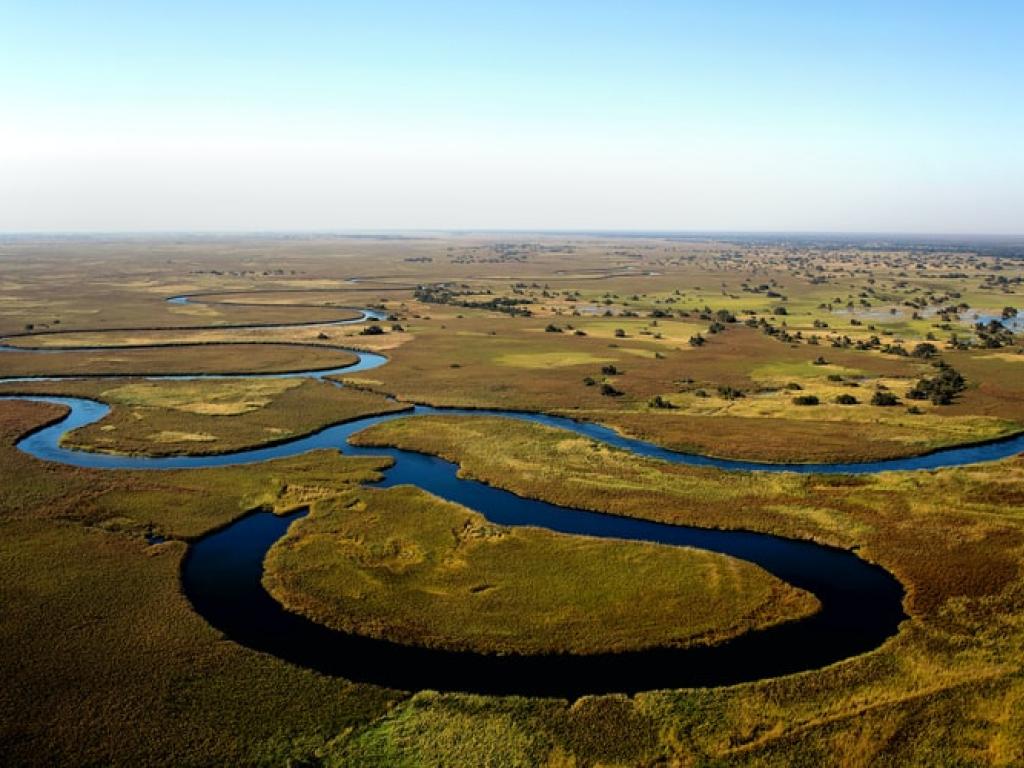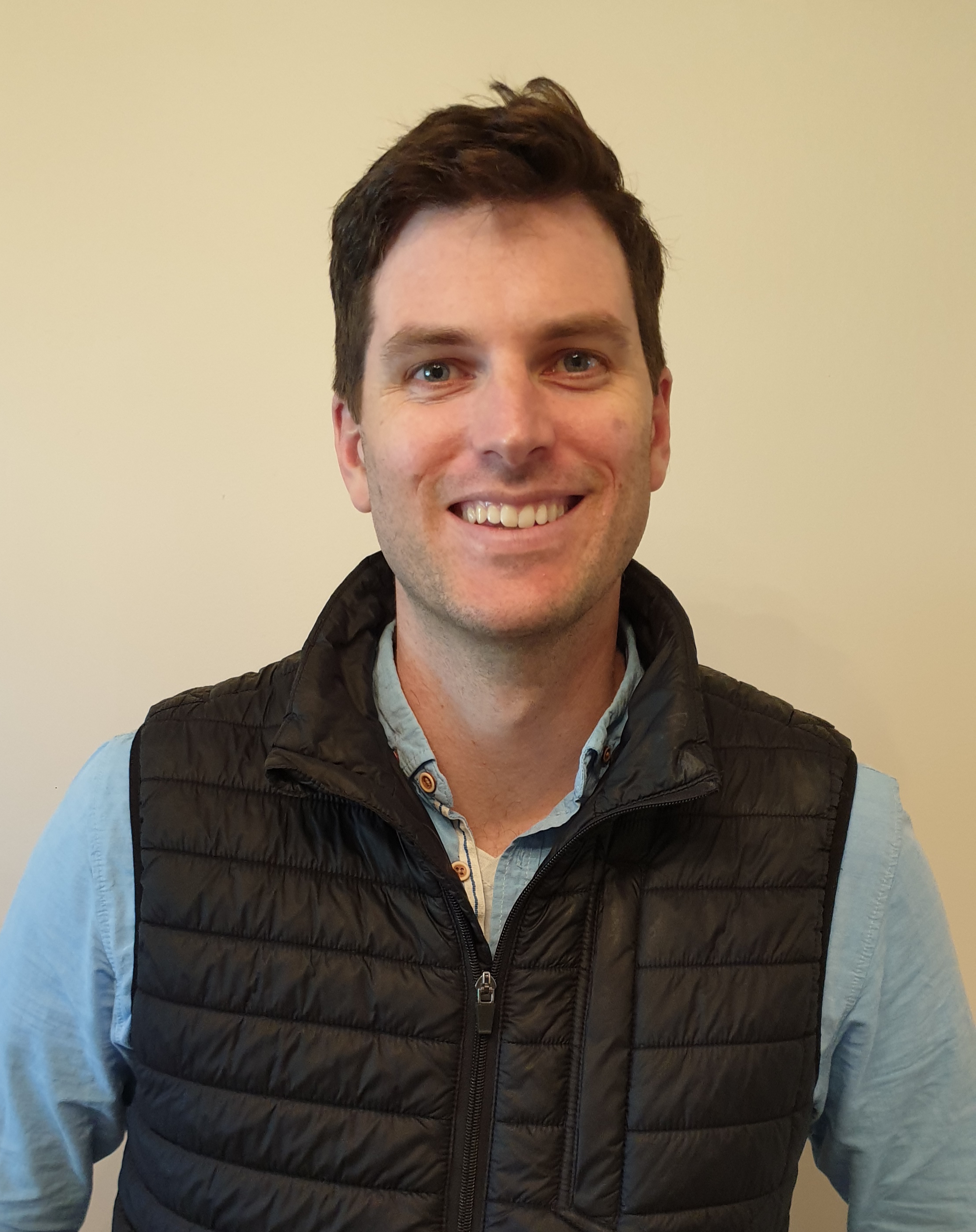Congratulations Dr Ross Blamey - FLAIR Fellow

The FLAIR Fellowship rewards early career researchers (ECRs), who have the potential to become leaders within their field,

The selection of FLAIR fellows is a very competitively run process. Applicants (ECRs) are required to submit an extremely detailed project proposal centred on addressing critical African and global scientific problems. These proposals outline both the science as well as the research credentials of the candidate.
This then goes through an independent peer review process where the merits of each candidate and the project they proposed are thoroughly evaluated. From this, around 60 candidates are selected from the over 700 proposals (*2020 call) from across Africa to attend a formal interview in Nairobi, Kenya. A scientific panel, comprised of leading scientists from the UK and Africa, critically interview each of the 60 candidates about their project and their capacity as a researcher. From this, a final selection of up to 30 candidates are selected and formally offered a prestigious FLAIR Fellowship – a two year award amounting up to £300,000. In 2019, 23 fellows from across Africa (seven from UCT) were appointed, while in 2020, 29 fellows (four from UCT) were appointed.
Friend of the ACDI, Dr Ross Blamey is one of the four UCT FLAIR fellows selected in 2020. His project, titled “Securing water resources along the tropical edge: The Angolan Highlands water tower in a changing climate” was one of the limited climate-related FLAIR projects selected.
The Angolan Highlands water tower is so called because this region provides the headwaters to the largest rivers in western southern Africa including the Okavango River, which supports one of the richest ecosystems in southern Africa, the Okavango Delta. Few places remain as unstudied as the Angolan Highlands of southern Africa - positioned in a climate ‘transition zone’, with a very wet climate to the north and very dry climate to the south. This project, in collaboration with Prof. Richard Washington and Dr. Neil Hart (both Oxford, UK) and Prof. Chris Reason (UCT), seeks to urgently address this gap in African climate science using a combination of newly available observations and state-of-the art climate model output. Due to the availability and sustainable management of fresh water supplies being one of the core ingredients for social and economic development, the primary aim is to develop a rich narrative on water security for the region under present and projected future climate to help address some of the complex socio-economic and environmental issues faced.
Dr Blamey is one of the up and coming researchers on climate variability and climate change in southern Africa. With a background in ocean and atmospheric science, his research interests are wide ranging - from developing methods to identify and track convective storms from satellites to addressing water security for regions prone to increasing drought under future climate. Dr Blamey has recently become part of a research team in the Department of Oceanography at UCT, where he has spent the past four years working on the UK funded Future Climate For Africa UMFULA Project.
Prior to this, he was part of the very successful Climate Services team within the Climate System Analysis Group at UCT. Dr Blamey has always shown a commitment to high quality in both his University training years (as evidenced by consistently being on UCT’s Dean’s Merit list, obtaining the class medal in the highly competitive BSc Honours degree, and received a UCT Research Associateship award during his PhD), and had followed this up in his postdoctoral research, as evidenced in his production of quality publications in highly rated international journals.
Dr Blamey has continued to excel as a UCT researcher through publishing high impact research, presenting his work at various national and international forums and also through supervision of numerous postgraduate students.